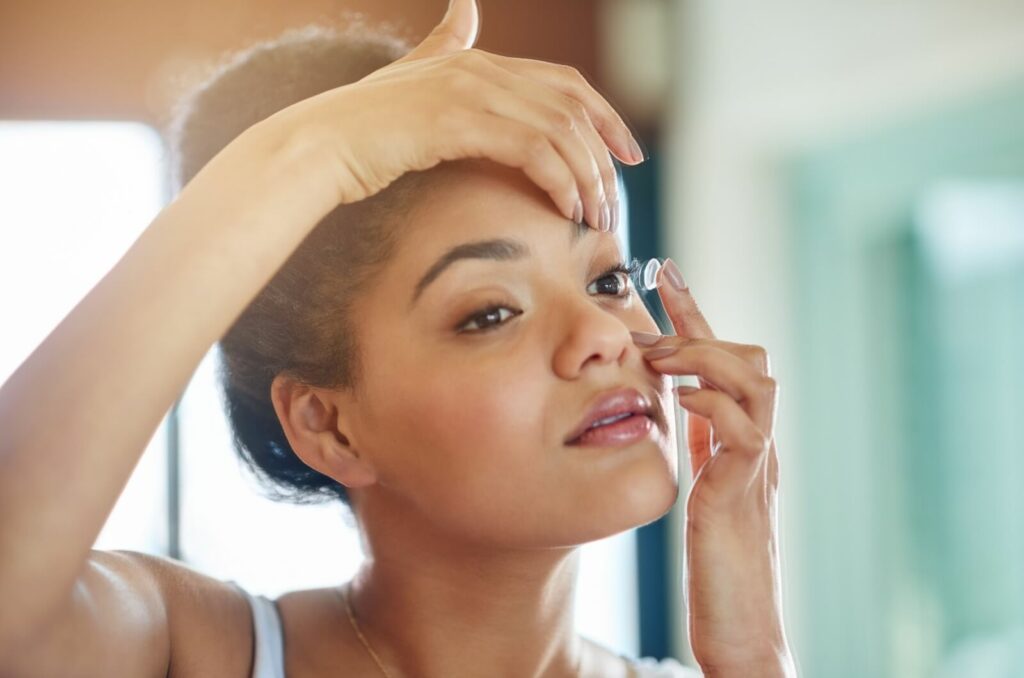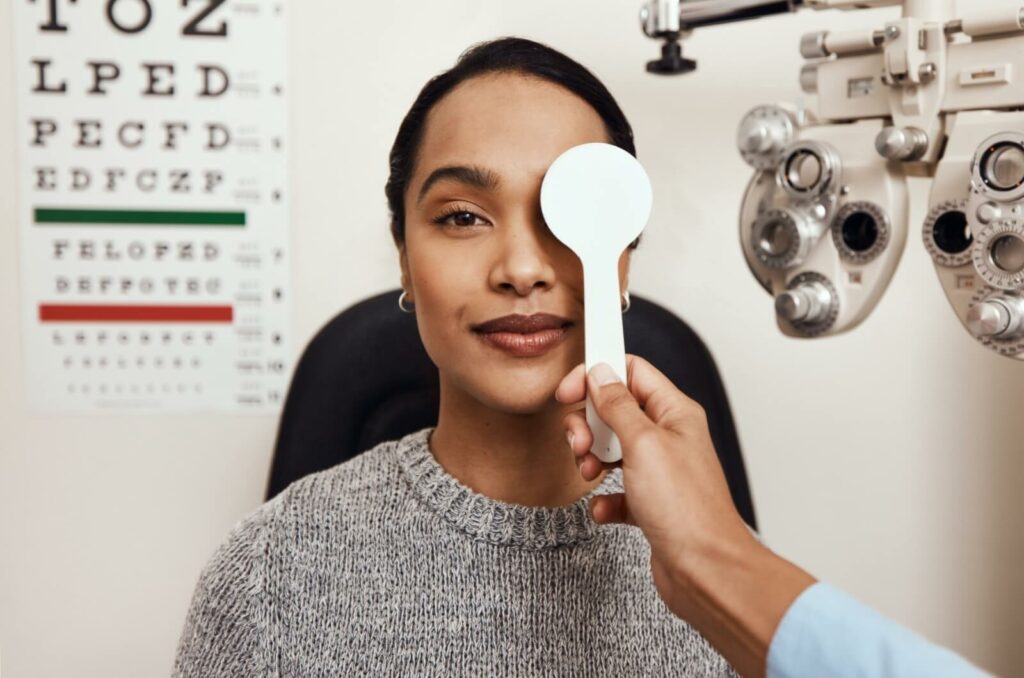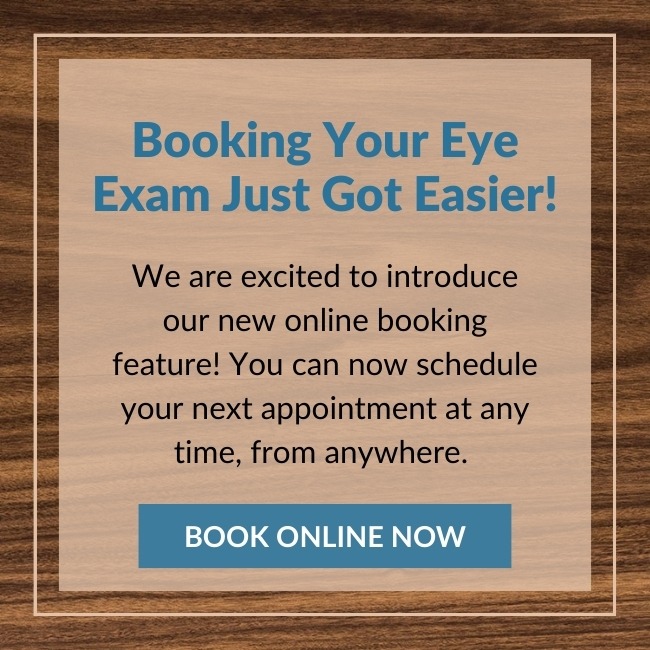Myopia, also known as nearsightedness, is a common vision issue. It occurs when the eyeball is too long or the cornea (the clear front cover of the eye) is too curved, causing light to focus in front of the retina instead of directly on it. This results in blurred distance vision and difficulty seeing faraway objects clearly.
While myopia can be corrected with prescription glasses or contact lenses, many people wonder if it can be reversed.
Unfortunately, myopia can’t be reversed. However, various management options, such as prescription glasses, contact lenses, and laser eye surgery, can effectively correct the visual impairment associated with myopia. Certain treatments, like atropine eye drops or myopia control lenses, may also slow the progression of the condition in children.
Understanding Myopia Progression
Myopia tends to start during childhood and can continue to worsen until around the age of 20. The condition is often genetically inherited, but environmental factors can also play a role in its development.
Environmental factors linked to increased risk of myopia include spending too much time indoors, lack of natural light exposure, and excessive use of near objects (e.g., smartphones, and computers).
Reducing the Risk of Myopia
There are a few ways to reduce the risk of children developing myopia. This includes:
- More outdoor time: Spending more time outdoors has been linked to a lower risk of developing myopia or slowing its progression. This is thought to be due to increased exposure to natural light and decreased time spent on near-work activities.
- Reduced near work: Limiting the amount of time spent on activities that require close focusing, such as reading or using electronic devices, can also help slow myopia progression. Taking breaks and practicing good posture while doing these tasks can also be beneficial.
- Proper nutrition: A balanced diet rich in nutrients like vitamin D, omega-3 fatty acids, and lutein has been associated with a lower risk of myopia and may also help slow its progression.
Managing Myopia

While myopia can’t be reversed, the vision issues that it causes can be corrected. The most common methods include:
- Prescription glasses: Glasses can be prescribed by an optometrist to correct the refractive error of myopia. Glasses may also include options such as anti-glare coating, which can reduce eye strain caused by computer screens and other light sources.
- Contact lenses: Similar to glasses, contact lenses are designed to correct the refractive error of myopia. They sit directly on the eye and provide a wider field of vision compared to glasses. There are also daily disposable options for convenience.
- Laser eye surgery: This surgical procedure reshapes the cornea to improve its ability to focus light onto the retina properly. It’s a long-term solution, but it does come with risks and potential side effects.
Slowing Myopia Progression
In addition to corrective options, some treatments have been shown to slow the progression of myopia in children. These include:
- Atropine eye drops: These drops are typically used to dilate pupils for eye exams, but studies have shown that low doses of atropine can also effectively slow down myopia progression in children.
- Myopia control lenses: These specialized lenses are designed to slow the progression of myopia in children and teenagers. Myopia control lenses come in both glasses form, and as contact lenses, like MiSight and NaturalVue. These lenses are designed in a way that reduces elongation of the eye, thereby slowing the progression of myopia.
The Importance of Regular Eye Exams
Schedule regular comprehensive eye exams: this allows you to keep tabs on both your own eyesight and your children’s. Especially for children, early detection and treatment of myopia can help prevent more serious vision problems in the future.
During an eye exam, your eye doctor will evaluate your visual acuity and check for any changes in your prescription. They’ll also assess the health of your eyes and screen for potential risk factors or underlying conditions that may contribute to myopia progression.
Regular eye exams are not only important for managing myopia, but also for maintaining overall eye health. Your eye doctor can provide personalized recommendations for your visual health based on your specific needs and lifestyle. This will help keep your eyes healthy and reduce your risk of developing vision problems.
Managing Myopia with Comprehensive Eye Care at Advanced Eyecare Optometry
While myopia can’t be reversed, it can be effectively managed, and its progression can be slowed down with various treatment options and lifestyle changes.
At Advanced Eyecare Optometry, we offer comprehensive eye exams and personalized treatment plans for managing myopia. With proper care, myopia can be successfully managed to help maintain clear vision and prevent potential complications. Don’t let myopia hold you back from living your best life—schedule an appointment with us today!




